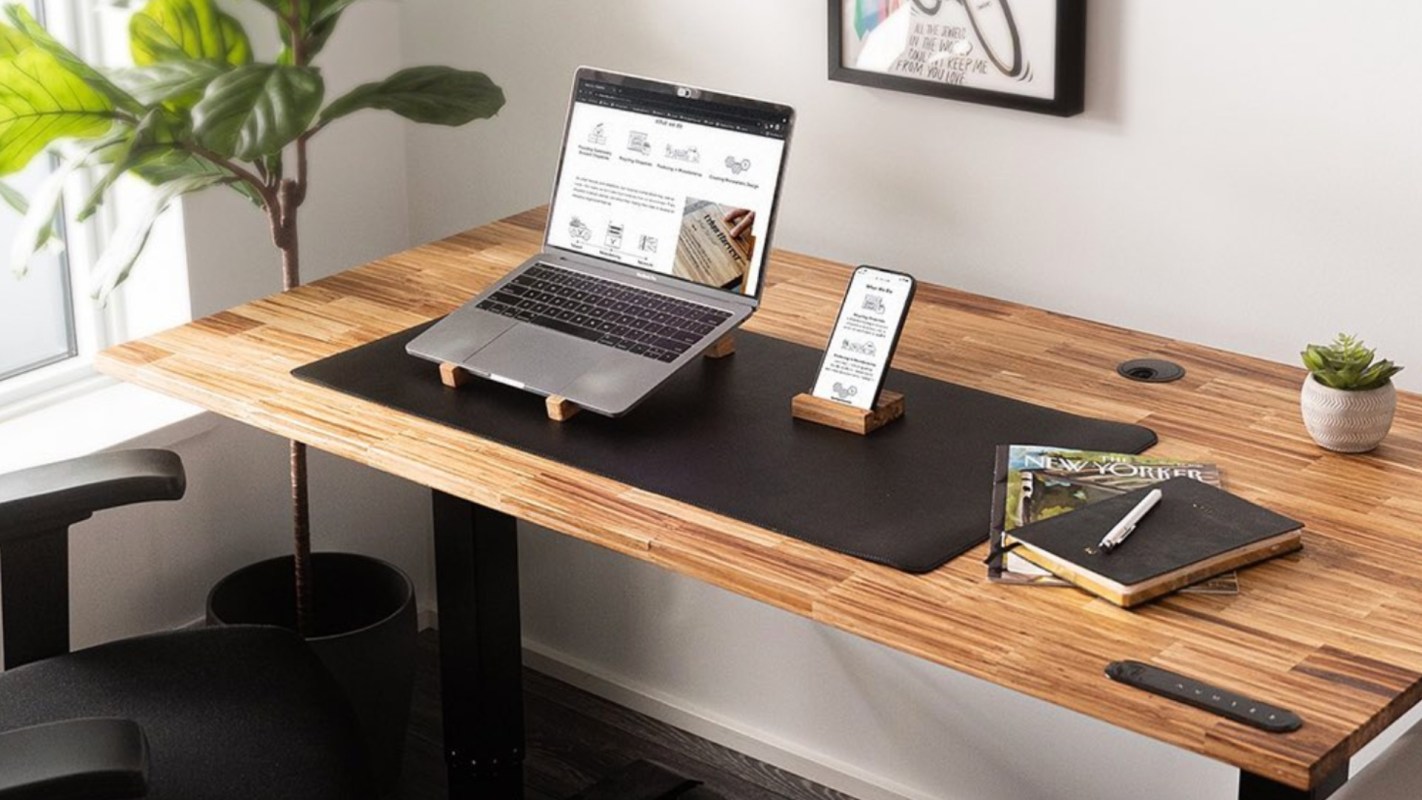Imagine, if you would, the life of a disposable chopstick. Grown as bamboo, cut and dried, shipped thousands of miles, only to be used for 30 minutes before being chucked into a landfill.
Felix Böck, an engineer based in Vancouver, wants to reshape our wasted chopsticks — maybe into a nice desk.
Spurred by his girlfriend's suggestion at a sushi restaurant, Böck started his company ChopValue in 2016.
The company collects used chopsticks from local restaurants, treats them with heat, pressure, and glue to create striking bamboo panels, and turns them into a wide range of products, from cutting boards to attractive shelves. You can even buy a workstation desk while saving about 10,000 chopsticks from being tossed into a landfill to rot.
ChopValue has grown tremendously since its start in Vancouver, with "microfactory franchises" popping up from Bali and Boston to Mexico City and Montreal.
These microfactories, usually staffed with five to seven employees, benefit from local restaurants and customers so transportation of materials and finished products can be reduced as much as possible.
This lowers the carbon pollution from the products even more and helps make ChopValue a Certified B Corporation, a company that meets rigorous environmental and social standards.
And all that hard effort is paying off.
The company claims it has reused over 80 million chopsticks at the time of writing, resulting in 100,000 kilograms of carbon dioxide stored away.
Böck admits to Reasons to be Cheerful that these numbers are just a "drop in the bucket" when compared to the world's waste problem, but he see's ChopValue as a step forward for an international, sustainable economy.
The system ChopValue is working towards is called a circular economy. That's when societies try to keep "materials, products, and services in circulation for as long as possible" in order to reduce waste according to the EPA.
Circular economies are restorative and regenerative, which is essential in a world where the disposal of waste often hurts vulnerable populations and the environment the most.
The United Nations International Resource Panel found that the extraction and processing of natural resources, along with fuel and food production, causes about half of all global greenhouse gas pollution. The more we reduce our consumption, and the more we reuse waste of all kinds, the healthier our communities and our planet will be.
A Canadian chain Pacific Poke, which supplies used chopsticks to ChopValue, has bought tables and artwork from the manufacturing company. This exemplifies the circular economy ChopValue hopes to help build as waste comes full circle and gives value back to the consumer.
Böck told The Guardian that he feels a "responsibility" to expand the company globally. He revealed to Reasons to be Cheerful that the goal right now is to license 100 ChopValue microfactory franchises around the world.
The modern world has a massive waste problem and ChopValue is trying to help solve it, one reused chopstick after another.
Follow The Cool Down on Instagram and subscribe to our newsletter.








